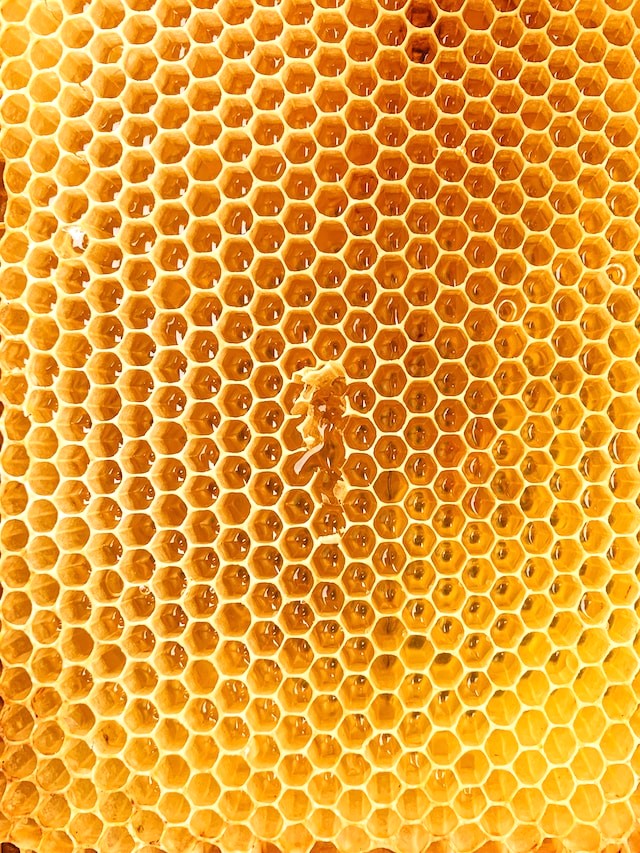W10 Honey Update: Combatting Honey Fraud in Spain, Myanmar's Growth

Spanish Beekeepers Push for Direct Sales and Tighter Controls Against Honey Fraud
Spain's beekeeping sector is raising concerns over widespread honey fraud within the European Union (EU), urging consumers to support local producers and calling for stricter import regulations. A recent report by the European Commission (EC) reveals alarming levels of honey fraud in the EU. The analysis of honey imports during 2021-2022 found that 46% of European samples contained syrups or substitutes, significantly compromising product authenticity. Spanish honey imports displayed even higher fraud rates, with 51% of samples testing positive for adulteration. Additionally, 85% of Spanish import companies had at least one instance of fraudulent honey entering the market.
The Committee on Agriculture (COAG) beekeeping sector has long suspected market manipulation due to the unfeasibly low prices of certain imported honey products labeled as genuine. This investigation confirms their concerns, highlighting the use of inexpensive syrups as substitutes, artificially suppressing prices, and harming the market for authentic Spanish honey. While a recent EU regulation mandating the identification of honey origin on product labels is welcomed, COAG recognizes the limitations in addressing the root cause of the issue. The vast scale of the fraud – with an estimated 50% of EU honey imports suspected to be fraudulent. The COAG beekeeping sector is launching an awareness campaign promoting direct purchases from beekeepers and shorter marketing channels. This approach aims to guarantee honey authenticity and quality while supporting sustainable production practices.
Myanmar Aims to Expand Honey Production Amidst Growing Domestic and International Demand
Myanmar's beekeeping industry is experiencing growth and presents promising opportunities for further development. The Ministry of Agriculture, Livestock, and Water Resources is committed to fostering industry growth. This includes knowledge dissemination programs aimed at encouraging farmer participation in beekeeping activities. Official data reveals a total of 209 thousand beehives managed by 818 state-owned and private beekeepers in the 2023-2024 fiscal year (FY). This represents honey production exceeding 4.1 thousand metric tons (mt). Myanmar successfully exported nearly 2 thousand mt of honey during the same period, with key destinations including Japan, China, Thailand, South Korea, and Germany. This translates to an export revenue of nearly USD 3 million in FY 2022-2023.
The Ministry of Agriculture, Livestock and Water Resources department is collaborating with the private sector to identify opportunities for further production expansion, recognizing the strong domestic and international demand for honey. Collaborative efforts will also focus on coordinating with relevant government agencies to streamline processes. The department is actively encouraging farmer participation through knowledge dissemination programs.





